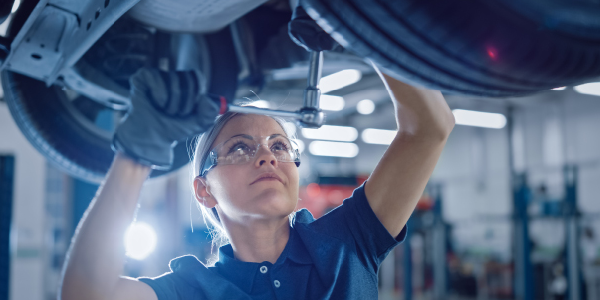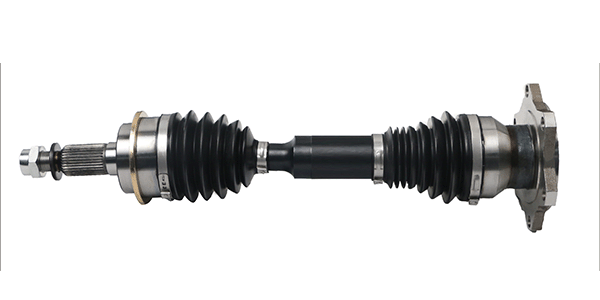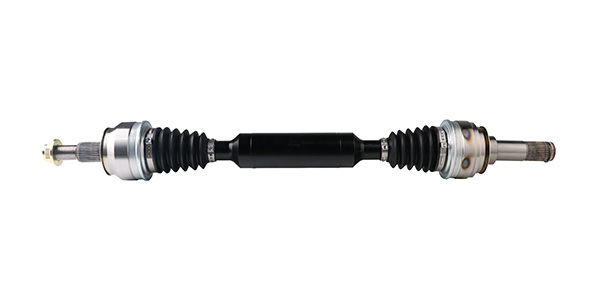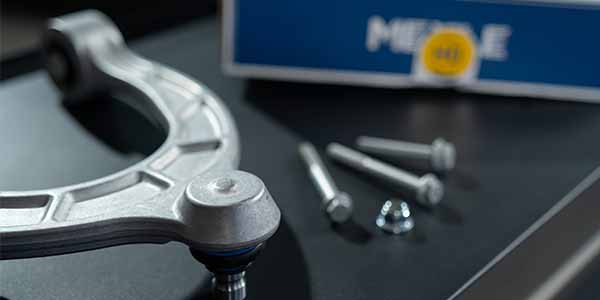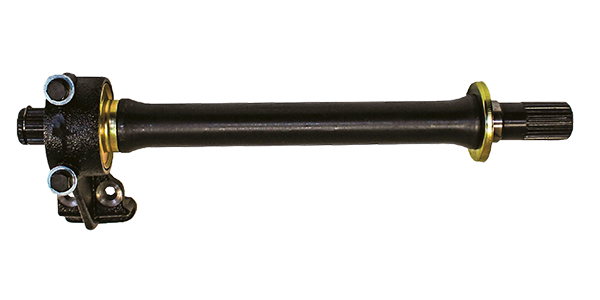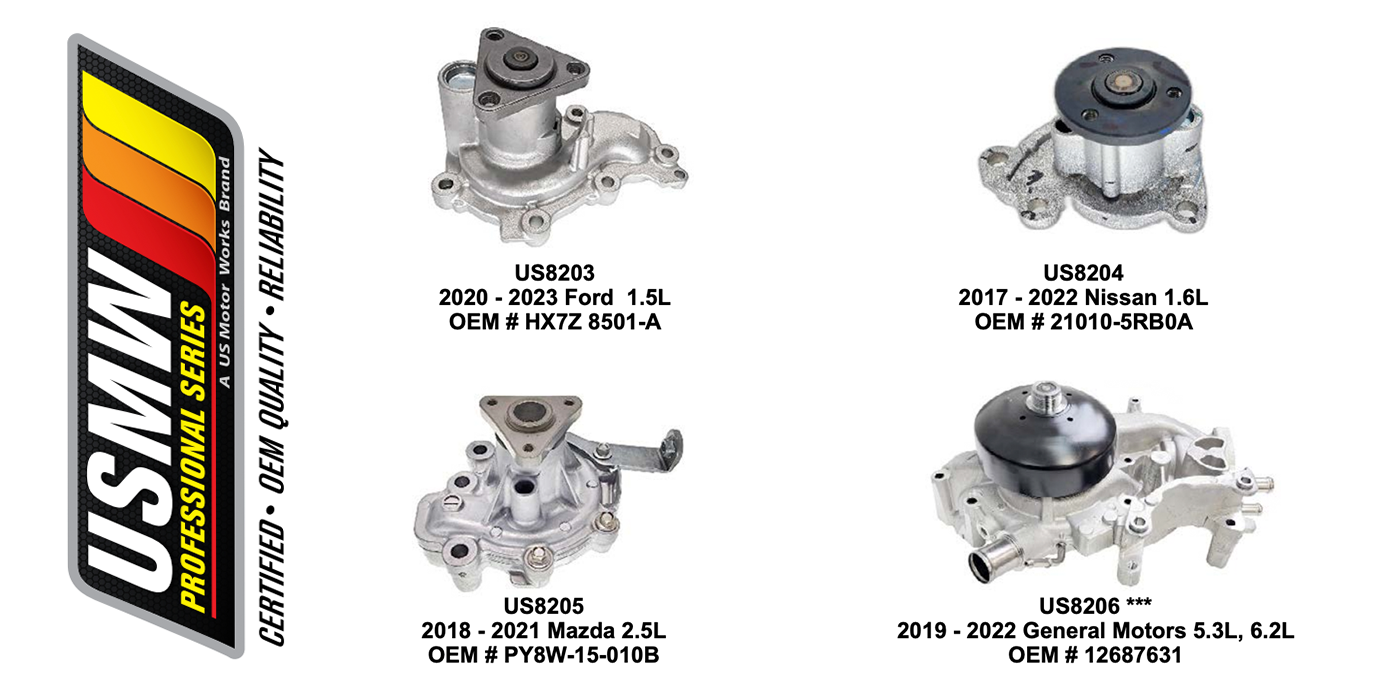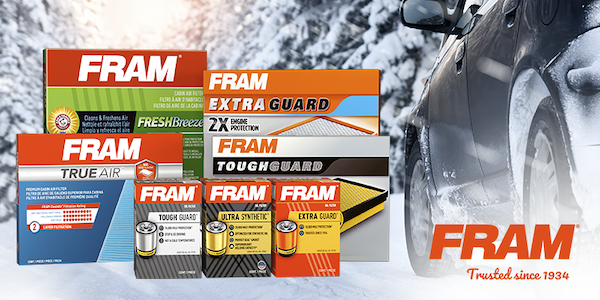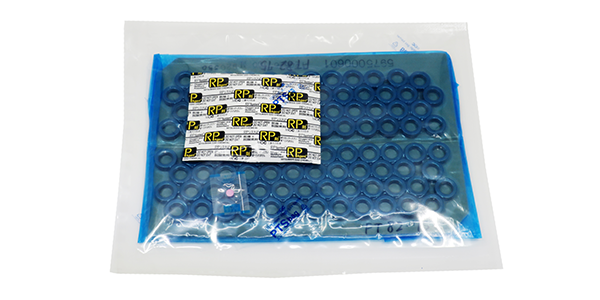Like most vehicle components, natural wear and tear is the unavoidable cause for parts replacement.
Fuel pumps are often out of sight and out of mind for most shop visitors.
That’s because they are an as-needed repair and not typically a part of ongoing maintenance. Nevertheless, if you diagnose fuel pump failure, customers will want to know what caused it to go bad. You can provide additional service value to them by explaining the likely culprits.
Causes of Fuel Pump Failure
Most customers understand the primary role of the fuel pump is to deliver fuel from the tank to the engine. But the causes of pump failure could be many.
Here are some of the most common causes of fuel pump failure you can discuss with visitors to your shop.
1. Contaminated or “bad” fuel
This is one of the things your customers can watch for. The snag, however, is that they won’t know their fuel is bad until problems appear. They may encounter this if they pump fuel that is saturated with rust or other particulates in the gas station’s storage tank. These particles can then clog the fuel filter and prematurely damage the sensors on the pump.
Customers might also run bad fuel if they drive a seasonal vehicle or one that sits for extended periods. If they aren’t using a fuel stabilizer, moisture can develop in the fuel tank, leading to phase separation which can corrode the fuel pump’s sensors. This means it’s crucial to remind customers to buy quality fuel from trusted stations.
2. Fuel pump runs dry
Some people regularly drive their vehicles on or near “E”, which may be more common these days given the prices at the pump. But what they may not know is having little fuel in the tank threatens the fuel pump. It needs the fuel for lubrication. If too little fuel is present in the tank too often, the pump can dry out and overheat, causing failure.
3. Clogged fuel filters
As you know, the fuel filter prevents contaminants from entering the engine through the fuel line. But if the filter gets clogged (due to bad fuel or a dirty fuel tank), the pump will work overtime to push the necessary fuel to the engine. Customers may complain about engine backfires or stalling if the fuel filter is clogged, but if left unreplaced, the pump can overheat and corrode. This also places more emphasis on suggesting that your customers use quality fuel and always keep the tank at least ¼ full.
4. Electrical wear
We mentioned that pushing bad fuel can damage the sensors, but it can also wear out the brushes and communicator on the pump. This will require more amperage to maintain fuel pressure. These extra amps can burn the connectors, leading to pump failure.
Ensure to your customers you’ll check these connections when you replace the pump because a damaged connector can lead to a replacement pump failure, as well.
By explaining the causes of fuel pump failure and how they match the symptoms your customers are experiencing, you’ll be able to help them understand the threats to their vehicles and be more mindful of their fuel system maintenance.
Carter Engineered Quality® fuel pumps are designed to meet or exceed all OE specifications and are engineered for correct operation. Each Carter® fuel pump is 100% factory-tested, and purpose-built to meet the high demands of efficient fuel delivery for today’s advanced engines.
Since 1909, Carter® has been an industry leader and premier manufacturer of fuel pumps, water pumps, assemblies and accessories, with warranties available for additional peace of mind. See full product lines at carterengineered.com.

